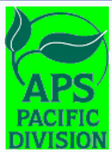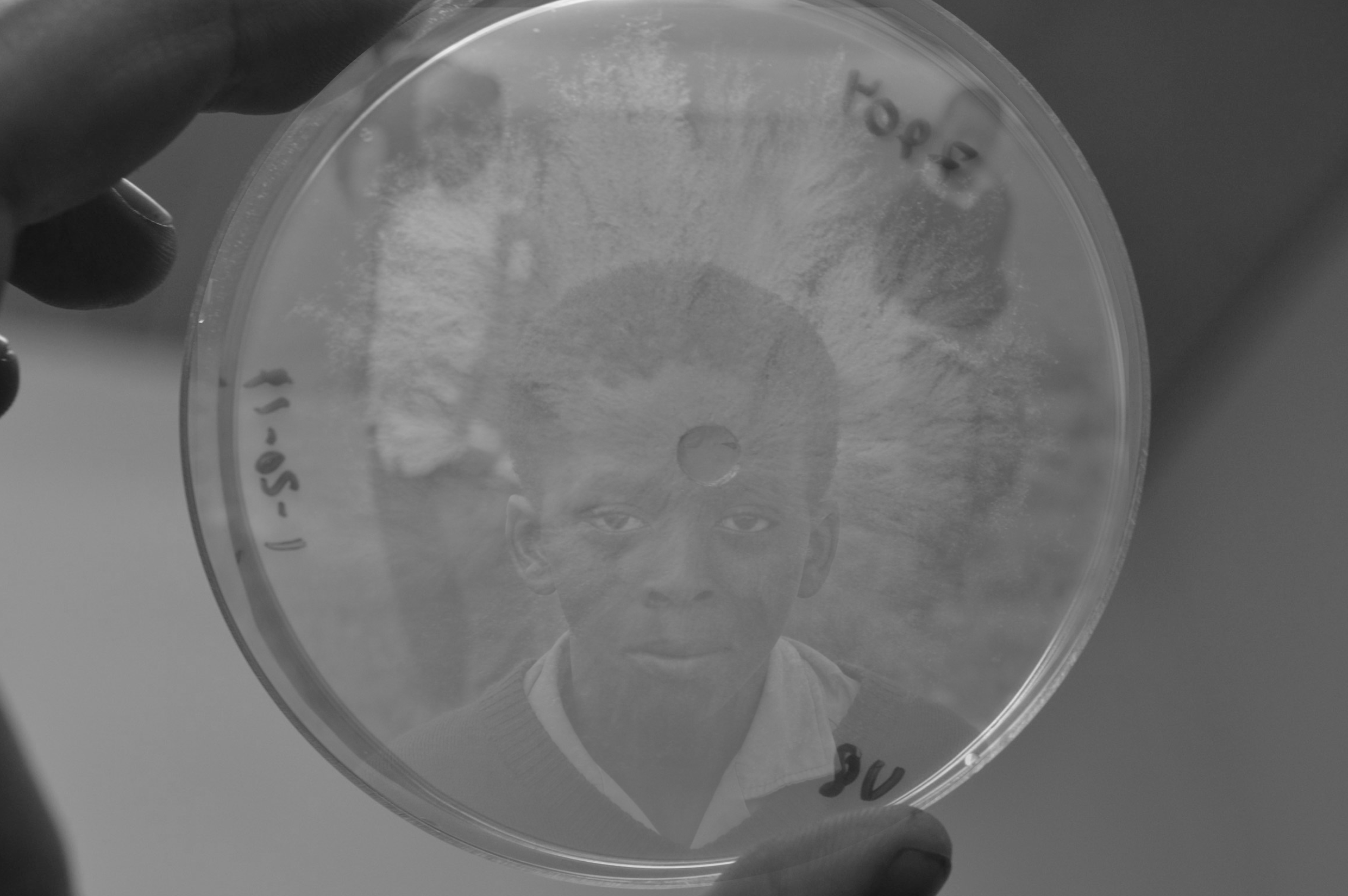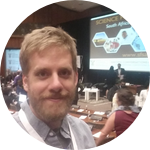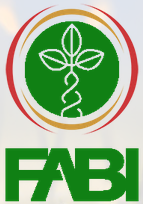About This Project
Phytophthora, the Greek term for "plant destroyer", is a group of plant killing microbes that threaten forests and agriculture around the world. More than 100 species have been discovered and between 100-600 species are estimated to remain unknown. Discovering new species improves research and regulations to protect our forest and agriculture systems. The native forests of South Africa are remarkably diverse and have not been surveyed for Phytophthora species. We want to survey the native forests for Phytophthora species with the help of the public!
Help us engage South African communities in science to discover new species! The purpose of this campaign is to raise support for a citizen science program that provides opportunities for South Africans to learn and participate in the scientific process! By backing this research you are supporting awesome research and helping hundreds of individuals participate!
Ask the Scientists
Join The DiscussionWhat is the context of this research?
Microscopic organisms are commonly spread around the world by accident, sometimes causing uncontrollable plant disease in the new areas they reach. Often, these organisms have not even been discovered or researched until they begin causing problems. Help us discover what is out there before they begin causing problems somewhere else!
The scientific purpose of this initiative is to discover new species of Phytophthora that are native to forested areas of South Africa.
Citizen science initiatives provide new approaches to investigating the distribution and abundance of organisms across space and time. Such initiatives have been used in many ecological applications and have provided unique opportunities for participants to learn about the scientific process. The educational purpose of this initiative is engage the public in the scientific process.
What is the significance of this project?
Help us engage the public in science!
Much of the public in South Africa are unfamiliar with the value of science and research. This project will expose many communities to the scientific process and provide a basic understanding of microbiology and plant disease.
Help us discover microbes before they become invasive!
When a previously undiscovered plant pathogen is accidentally spread to a new area, control is limited to reactive strategies. Preventing the introduction of disease causing microorganisms is the best way to conserve the natural landscapes. By exploring and discovering native Phytophthora species, society (scientists, policy makers, stakeholders and the public) will be able to limit their accidental spread and will be more prepared if spread occurs.
What are the goals of the project?
Overall goals
- Educate and Inspire communities of South Africa by engaging them in scientific research
- Discover, describe and genotype new species of Phytophthora—a major group of plant pathogens.
- Create a model application of citizen science in South Africa
Goals of this phase of the project
- Raise awareness for the project with publicity materials and social media
- Generate support and sponsorship
- Host 'Question and Answer' webinars and radio discussions
- Develop a webpage
- Develop an app for sample data submissions
- Develop a handbook for citizen scientists
- Find volunteers by participating in recreation and visiting communities surrounding target forested areas
Budget
We launched this crowdfunding campaign to raise support for starting a citizen science program in South Africa. Please help us get the program off the ground! These materials are critical to the success of the program. For example, it is essential to have a handbook and at the very least, a website, before finding citizen scientists.
Educational materials include guides for identifying vegetation (http://goo.gl/MuUhkb) and plates for culturing microorganisms to demonstrate abundance.
Media development refers to the production of a website and a mobile app that provide resources and aid in data collection.
The citizen scientist handbook will be a resource that introduces the project, outlines sampling methods, answers common questions and serves as a simplified textbook for basic microbiology education purposes.
Sampling Materials are items necessary for submitting samples (e.g. sample bags, mailing envelopes, postage, plates for culturing, ELISA Kits).
Endorsed by
Meet the Team
Affiliates
Team Bio
I describe myself as a bicycle adventurer, science communicator and a forest pathologist in training.
This is my dream project.
Passion
I want to make a positive impact on the planet. I have always thought of academic research as a means for making a difference for the public. I enjoy helping others, but more than that, I want to inspire others. I believe inspiring others will ultimately have a bigger impact on the planet than the research I conduct. To me, engaging the public in the scientific process is the best part of this project.
Being able to communicate scientific findings to the public is important to me. During my MS, I hosted a radio program called Inspiration Dissemination that helped graduate students share their research with the public.
Education
I have a BS in Forestry from Washington State University and I completed a MS in Plant Pathology at Oregon State University in October, 2014. For my MS, I studied Sudden Oak Death, a forest disease caused by an introduced species of Phytophthora. This experience solidified my interest in discovering Phytophthora species and preventing the accidental spread of invasive microorganisms.
For FunI love bicycles. Mountain biking and bicycle touring are my favorite ways to experience landscapes. Here is a link to a gallery from my last bicycle trip from Salt Lake City, Utah to Corvallis, Oregon. I also volunteer as a manager at a non-profit bike shop, the Corvallis Bicycle Collective.
LinkedIn: Joseph Hulbert
Twitter: @jmhulbert
Joey Hulbert
I am a PhD Student at the University of Pretoria and an Affiliate Research Student at Stellenbosch University. I am part of an incredible team of researchers at FABI that turned my dream into a reality when we launched Cape Citizen Science.
So far, we have engaged more than 120 individuals in our research, we have developed an effective youth engagement activity, we have collected hundreds of Phytophthora isolates, and we have sequenced genes to identify species. Now, we are ready to collect more samples, test more hypotheses, discover more species, and engage more citizens!
Press and Media
American student to start a citizen science research project at FABI

Crowdfunding to protect our indigenous forests

APS Pacific Division Newsletter 2

OSU Graduate Student Heads for South Africa

Discovering plant destroyers in South Africa with Citizen Science

Discovering Phytophthoras in South Africa with citizen science and crowd funding


Additional Information
We expect to find many new microorganisms in the forests of South Africa with the help of citizens! Your contribution will help us inspire public participation in scientific discovery and your help will lead to the further education of globally underrepresented individuals. Together we will generate open-access knowledge that helps save our natural environments for our grandchildren!

By dedicating a substantial proportion of this project to the outreach and education of underrepresented groups, we hope to inspire younger generations to pursue science based careers and ultimately, enhance the global diversity of scientists and leaders! (This photo was adapted from wikimediacommons user Andrew Shiva)
 Thank you for your interest and support!
Thank you for your interest and support!
Project Backers
- 71Backers
- 100%Funded
- $5,000Total Donations
- $70.42Average Donation



